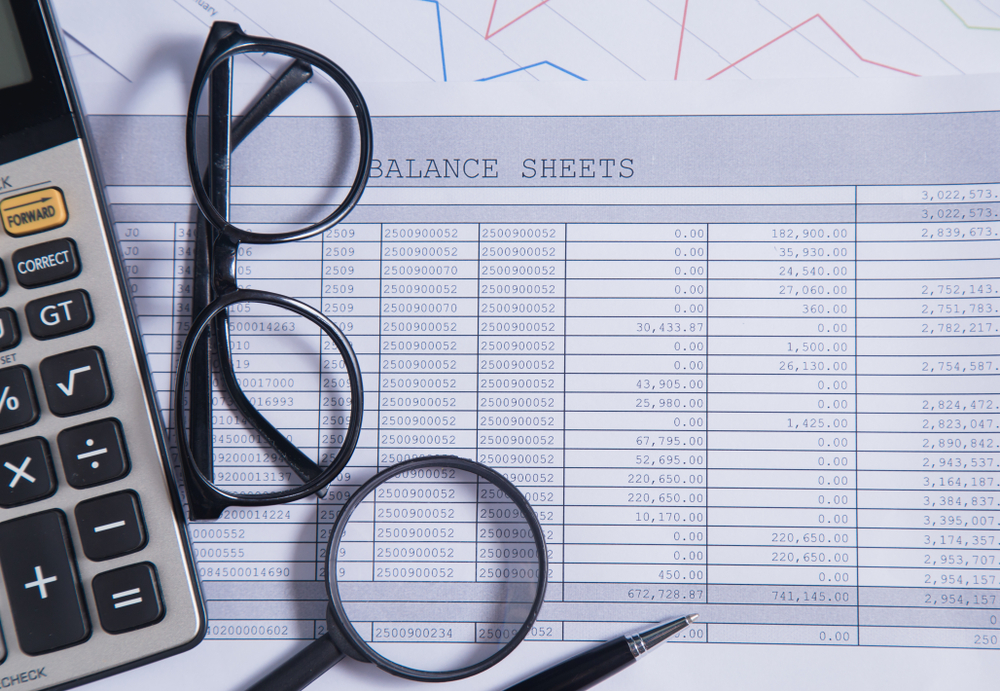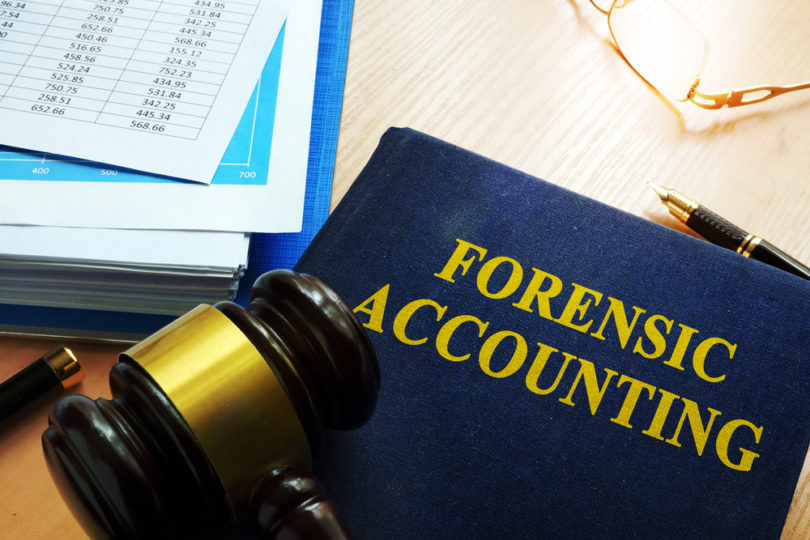In order to do right by the tax man, accounting jobs exist in every single sector of business, government, healthcare, and anywhere else money exchanges hands.
Generally, accountants’ jobs consist of weighing numbers and transactions related to a business’ buying and selling habits, and many also find ways for their company to save money, whether it be via tax avoidance, or otherwise.
When it comes to forensic accounting, however, the numbers that the accountants work with are not related to the company they are working for, as far as income and spending are concerned.
Forensic accounts study spending habits of people being investigated from crimes, and use their knowledge of numbers to help law enforcement find and prosecute criminals.
There are few different paths to becoming a forensic accountant, but as most would guess, an education in accounting or finance is the first step.
For those aspiring forensic accountants who are still attending college, adding some criminal justice classes to your curriculum will definitely help you on your journey.
For people already in accounting fields, certifications for forensic accounting are available both at educational facilities, and online, but many jobs will offer on-the-job training for the right candidates, so long as the accounting boxes are checked.
Here is a look at a few emerging trends in forensics accounting for those in the field already, or people looking to make this exciting career their own:
 Data Analytics
Data Analytics
In 2020, data analytics are part of pretty much every corner of the business sector, and in the world of forensics, it’s no different.
A good way to set yourself up for advancement as a forensic accountant would be to get a deeper understanding of data analytics, as a whole, and then see how they can help you improve your own job.
As mentioned, data analytics are used in a variety of ways, and being able to discuss analytics with other parts of the forensic team make you a much more versatile team member, as well as potential leader.
Fraud Accounting
Financial fraud is nothing new, but trends on how to do it via the internet are ever-changing, and jobs focused solely on creating ways to help defend against financial fraud are becoming more regular.
More than $4 billion was stolen via cybercrime in 2019, and jobs for preventing these crimes, as well as jobs to help figure out who committed them are both trending, and both jobs that forensic accountants would be well-qualified for.
AI (Artificial Intelligence)
Much like data, artificial intelligence is becoming part of almost every industry, and forensic accounting is no different.
Often, the two go hand-in-hand, as data entry is a big part of accounting, and artificial intelligence can exponentially increase data entry practices.
Machine learning is a further evolution of artificial intelligence, and is starting to have some pretty cool uses in forensic accounting, especially in the prevention of cybercrime.
Programs are being created that track trends in cybercrime, and using machine learning, can actually “get ahead” of where the cyber criminals are expected to strike next, based on analysis of past crimes and trends related to those crimes.
What this Means
Forensic accounting is considered by many who have been in the field to be a very rewarding and interesting sector of accounting, and just on paper, it is a very unique sect of the profession
In addition to those intriguing parts, it’s also an area of accounting expected to grow, meaning job security.
All of these trends are ones that have already been continually developing for years, and being able to be in a field related to technology is almost a promise of some good pay and many opportunities for growth!

